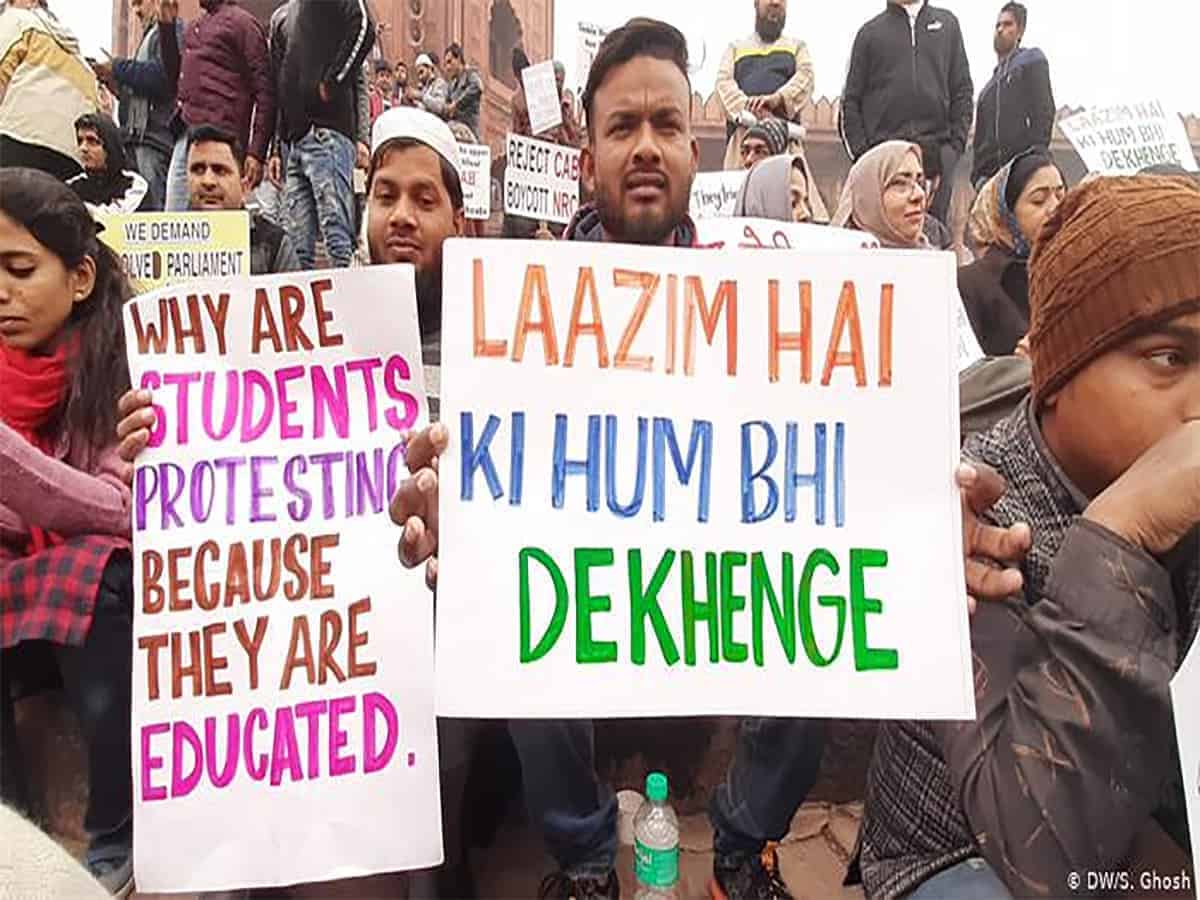New Delhi: RJD leader Manoj Jha on Monday lambasted the government over its firm stand on the Citizenship Amendment Act and asked the need to categorize persecuted minorities while stating that the Constitution doesn’t allow India to become another Israel.
“If a law has been passed and people are protesting against it then isn’t it a duty of the Assembly to take any action on it. Was there a need to categorise persecuted minorities? Is it constitutional? The Constitution which we received from Ambedkar doesn’t allow us to transform or create India on the lines of Israel,” said Jha while speaking to ANI on West Bengal Chief Minister Mamata Banerjee’s resolution against CAA that will be placed in the state assembly on January 27.
The RJD MP further talked about Congress leader Shashi Tharoor’s remark on Jinnah’s victory and said: “I have said in the Parliament that if today a condolence meeting would have been held in heaven between Gandhi ji and Mohammad Ali Jinnah then Jinnah would have a smiling face and taunted Gandhi by saying that let alone Pakistan, India has now become parallel to Israel,” Jha said.
“I have the same stand even today,” he asserted.
Tharoor, at the Jaipur Literature Festival on Sunday, had said that Pakistan’s founding father Muhammad Ali Jinnah’s victory will be completed if the Citizenship (Amendment) Act leads to the National Register of Citizens (NRC) in which a large section of the population would be deprived of its rights if it fails to prove its citizenship.
Cornering the Centre over the implementation of CAA, Jha said: “It is not a matter of Muslims. It is about poor people, Scheduled castes and Scheduled tribes. Crores of people will not have documents. The country is not about papers but about relations and a bond which we all share.”
Protests broke out in different parts of the country against the CAA which grants citizenship to Hindus, Sikhs, Jains, Parsis, Buddhists and Christians fleeing religious persecution from Pakistan, Afghanistan and Bangladesh and who came to India on or before December 31, 2014.

